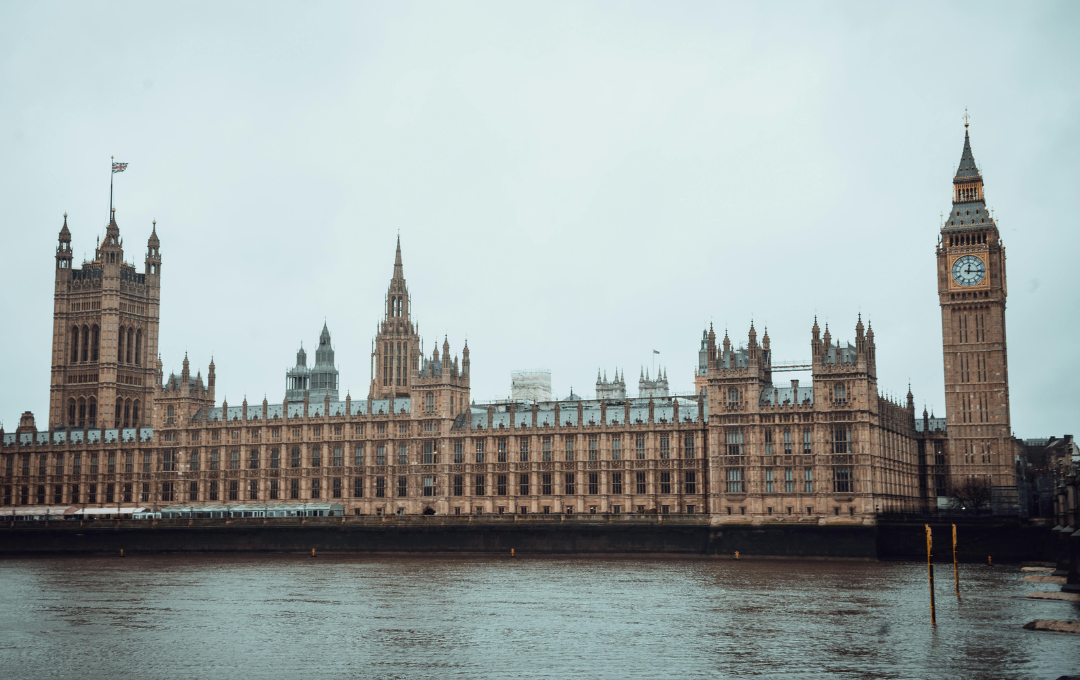
The government has published details of a new emissions cutting trial that could benefit UK pubs, cafes, restaurants and hotels.
The Zero Carbon Services Hospitality Trial will run from May 2025 until March 2026 and has been provided with £350,000 of funding. The trial will put hospitality business owners in direct contact with the expertise of trusted energy and sustainability advisers.
Could the trial be worthwhile?
It is estimated that the average pub loses £2,000 a year through energy waste. Making some gains in energy efficiency could have a real impact on the business’ bottom line.
What will the trial involve?
A total of 615 small and medium-sized businesses will be offered support during the trial. Experts will help to show where energy is being wasted and how to fix it. For instance, the scheme will help businesses in making changes such as fixing insulation gaps, upgrading to low energy lighting, and tweaking heating settings.
Businesses will receive a tailored Carbon Reduction Plan as well as having a Carbon Coach. Businesses that take part will receive around seven hours of support each month over a 3-month period.
Register your interest
If you are in the hospitality sector and are interested in receiving this support, you can register your interest and apply on the Zero Carbon Company’s website.
See: https://www.gov.uk/government/news/britains-hospitality-sector-to-save-3-million-under-new-scheme

HM Revenue & Customs has started using GOV.UK One Login for taxpayers signing up to its digital services for the first time.

HMRC has estimated that around a million people missed the 31 January 2026 Self Assessment tax return filing deadline.

